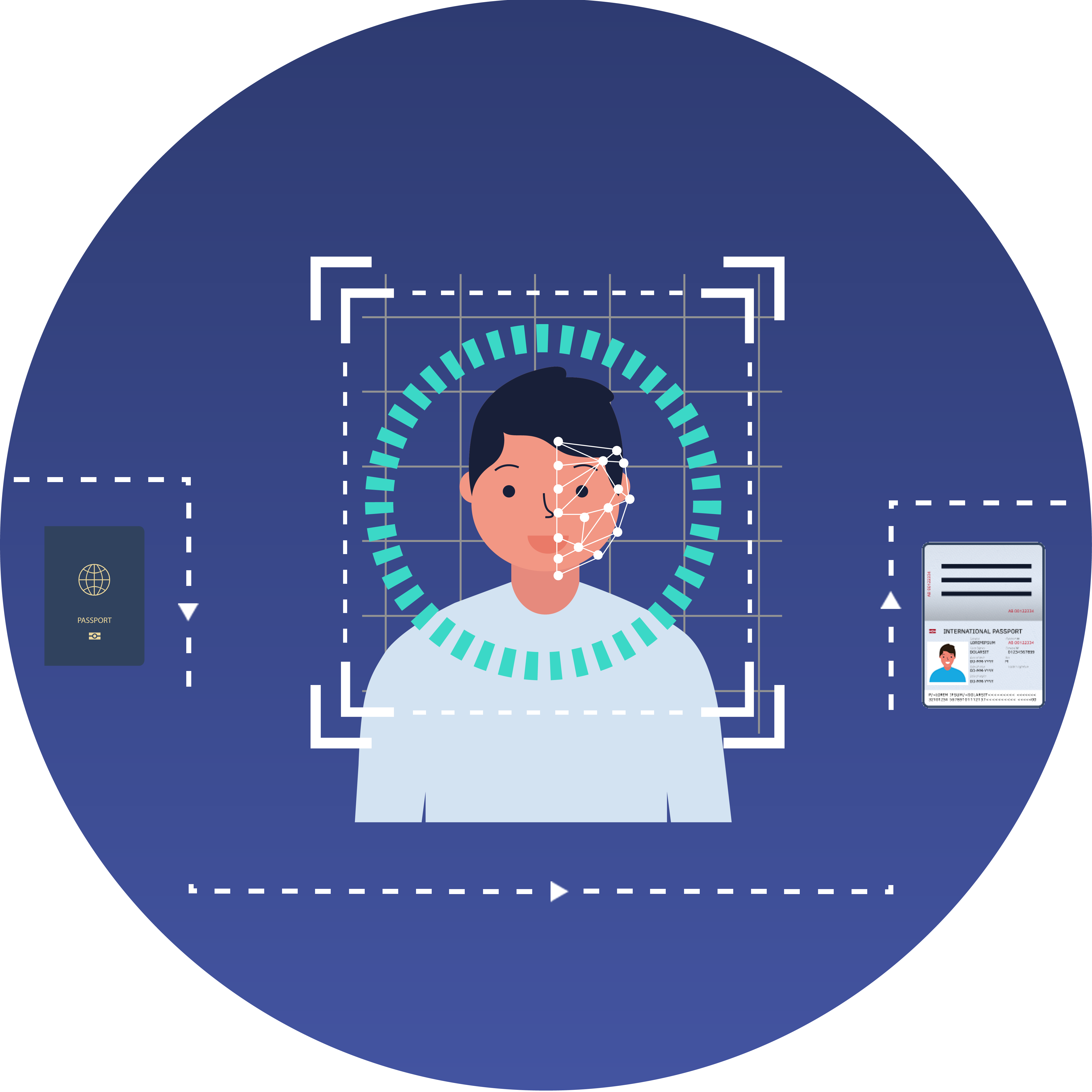Certified Identity Service Provider (IDSP) TrustID answers six key questions that HR professionals have about digital identity verification, including what it is, why it is so important and how to navigate it to make life easier when recruiting new employees…
WHAT IS A DIGITAL RIGHT TO WORK CHECK?
A digital Right to Work (RtW) check allows applicants with valid and eligible proof of identity to verify they are who they say they are and prove their RtW remotely through an IDSP, rather than handing over the physical documents for checking.
Before Covid adjusted checks, employers had to see an applicant’s original, physical documents to prove their identity. Lockdown changed all that, bringing in an option for Right to Work checks which proved to be both efficient and popular. The digital RtW Scheme offers an alternative way for eligible applicants to be checked remotely once Covid-adjusted checks come to an end.
WHEN DO I NEED TO ACT?
In April, the government updated its Right to Work (RtW) guidance and launched a new digital RtW Scheme to continue the online checks.
The option for Covid-adjusted checks will remain until 30th September 2022. Between now and that date, employers need to decide whether to:
- introduce digital checks for eligible applicants (the digital Scheme is optional for UK/Irish in-date passport holders)
- return to physically checking documents
- combine digital and face to face checking
Of course, the choice will depend on the demographic of your applicants and your internal recruitment processes.
WHY IS IT IMPORTANT TO CARRY OUT IDENTITY CHECKS?
There are tough penalties for employing someone who doesn’t have permission to work in the UK if you didn’t carry out thorough checks.
All employers in the UK, whatever the size of business or sector they operate in, must ensure that every employee goes through a check to confirm that they can work in the UK. You can do this by running a Right to Work (RtW) check either by:
- seeing and checking relevant identity documents
- or carrying out a digital RtW check for those people who are eligible.
Without RtW checks you run the risk of hiring someone who is not who they say they are – and they may well have a strong reason for hiding their true identity. That could be that they aren’t eligible to work in the UK, or they have something in their background that they don’t want known.
When you hire someone, you’re opening your organisation’s doors to that person, potentially for several years. If their ID doesn’t check out, it can harm your business’s finances, security or even other staff from day one. If you uncover a fraudulent staff member, you’ve wasted time and money employing and training them, and you’ll have to do it all again with their replacement.
WHAT ARE THE TOP SIX BENEFITS OF DIGITAL IDENTITY CHECKS?
- Digital checks have a distinct edge when it comes to accuracy, speed and scale.
- Manually processing Right to Work (RtW) checks can suck up resources, whether you’re recruiting small or large numbers of people. Digital checks take that pressure away.
- It’s not always clear what to look for in every document. Digital checks – especially if they are backed up by human experts checking any anomalies – give confidence that the latest guidance is being followed, and that the right things are being looked for.
- Digital checks can highlight issues that the human eye could miss. They also prevent unconscious bias sneaking into the hiring process.
- Sometimes it’s a question of speed. In highly competitive employment markets, completing the necessary checks as quickly as possible prior to making a job offer is more likely to get you to ‘yes’ and secure the candidate than taking days over the process.
- Digital ID checks give your legal teams and CEO peace of mind that the risk from non-compliance hiring laws is minimised.
WHERE NEXT?
The world of digital identity verification can be complicated to navigate. The experts at TrustID have streamlined the process to make life easier for HR professionals and everyone involved in recruitment or running Right to Work (RtW) checks.
Our Right to Work service offers a unique combination of technology and human support, and our industry-leading document analyst team are on hand seven days a week to offer support and ensure that you’re up to date, even if Home Office RtW guidance changes.
Join a free of charge webinar by TrustID on 6th July to find out more







